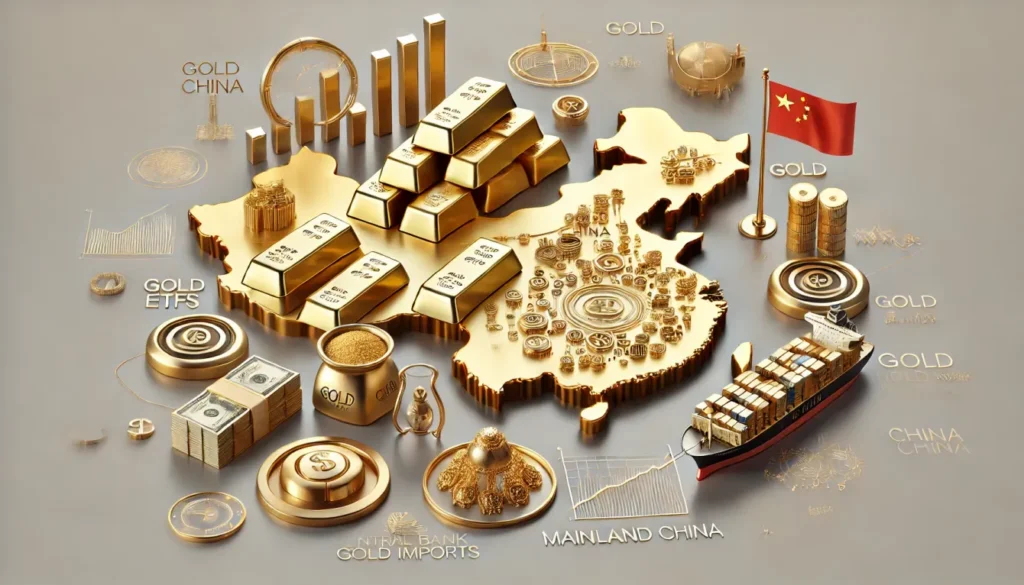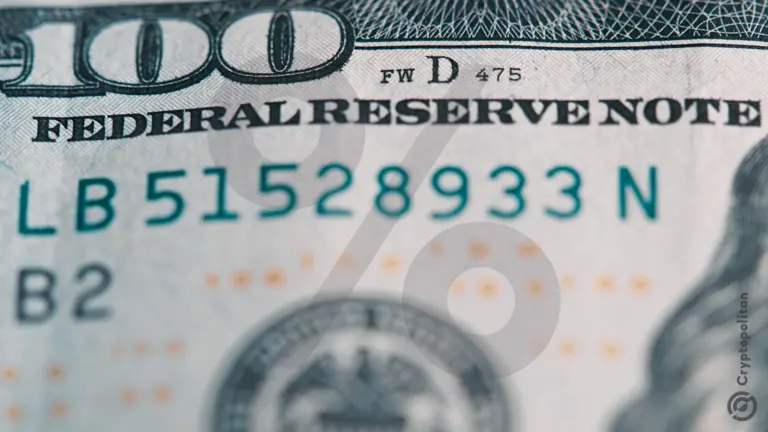
- The BRICS bloc of countries are working on the creation of a new gold-backed currency that could potentially shift the global economic landscape.
- They seek to establish a currency partially backed by gold, challenging the US dollar's dominance.
- How long this takes remains uncertain, the implications for savers and retirees in the US could be profound:
- While the future remains uncertain, the possibility of a new global reserve currency challenges the established economic order. As countries consider alternatives, central banks around the world are boosting stockpiles of gold.
(Harvard Gold Group) Controlling and printing a global reserve currency comes with the extraordinary ability to export inflation worldwide. However, the history of reserve currencies reveals an inevitable failure, with one root problem: the abuse of the power of the monetary printing press "money printing". As the US dollar faces mounting challenges, the BRICS bloc of countries are working on the creation of a new gold-backed currency that could potentially shift the global economic landscape.
The motivation behind the BRICS bloc's efforts is significant, as they seek to establish a currency partially backed by gold, challenging the US dollar's dominance. While how long this takes remains uncertain, the implications for savers and retirees in the US could be profound:
Price Inflation: A decline in international demand for US dollars could lead to excess dollars staying within the country, chasing goods, and causing price inflation.
Dollar Repatriation: Dollars abroad may flow back to the US, further contributing to inflation as they chase goods domestically.
Widening Trade Deficits: With less incentive to produce goods for US dollars, there might be a decrease in imported goods, leading to price increases.
Lagging Wage Adjustments: Wages and yields are supposed to adjust with inflation, but the process typically lags behind rapidly increasing prices, impacting retirees relying on fixed income sources.
Erosion of Savings: Rising prices could quickly deplete savings, making it challenging for individuals to cope with daily expenses.
Moreover, the introduction of a gold-backed currency could lead to several consequences:
- Gold Demand: Gold prices could rise significantly and outpace inflation, serving as a strong defensive holding during an adjustment period.
- Sovereign Wealth Transfer: Real tangible wealth, represented by gold, might flow out of the country in exchange for consumable goods, potentially causing long-term damage.
As experts, including Robert Kiyosaki, raise alarms about these developments, owning precious metals may provide a viable defense against the anti-dollar movements.
While the future remains uncertain, the possibility of a new global reserve currency challenges the established economic order. As countries consider alternatives, central banks around the world are boosting stockpiles of gold. The World Gold Council reported on May 5, 2023, that in the first quarter, 228.4 tons of gold were added to global reserves. Harvard Gold Group believes countries are stockpiling gold to prepare and protect from the up-and-coming shift in the Global Reserve Currency. Over time, this could lead to a dollar collapse. We believe putting yourself and your family on a gold standard is critical to preserve and protect your retirement security. For our free investor's guide, to answer questions, or guide you through the simple 1-2-3 steps, Call Harvard Gold Group today at 844-977-4653.
Story by Harvard Gold Group



